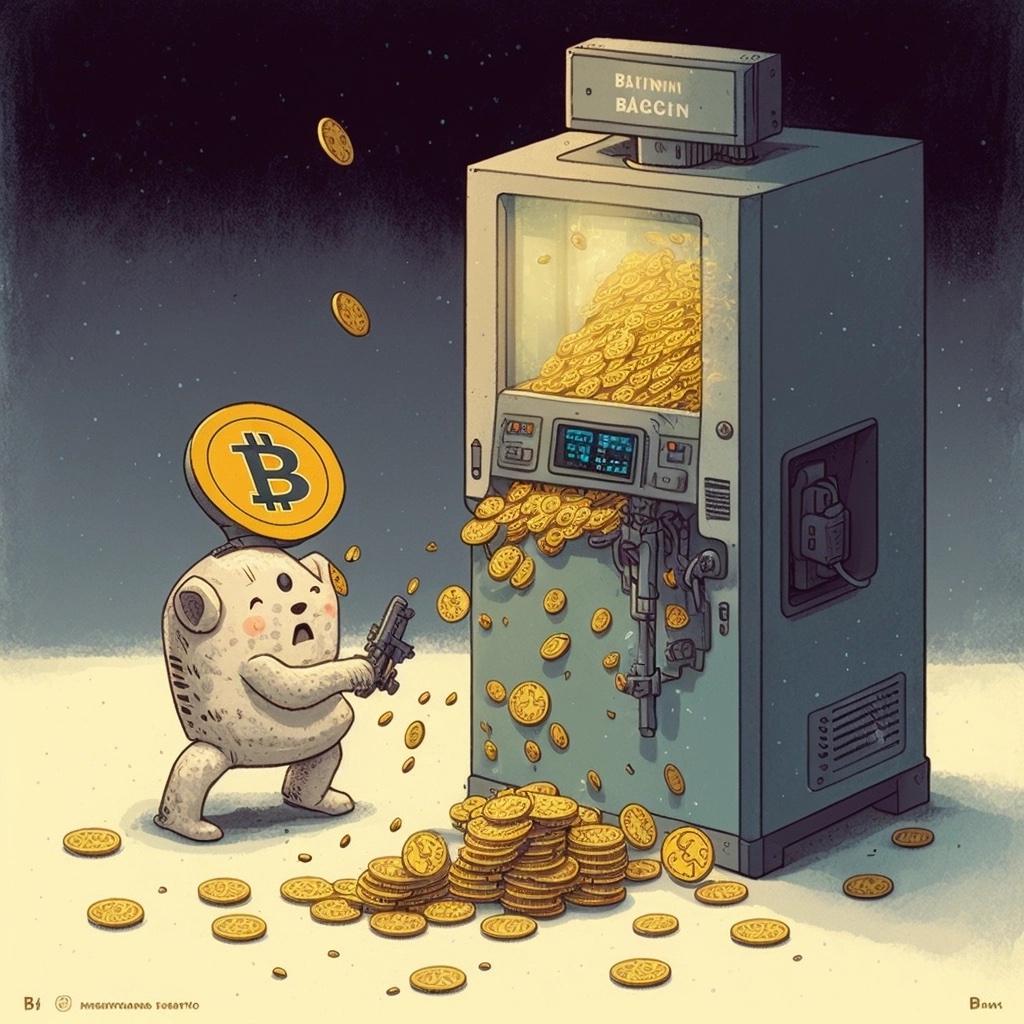Everything you need to know about crypto NFT
Although the technology has been around for a while, NFTs took off in 2020 and have been on the rise ever since, especially in digital art. NFTs have sparked a lot of interest but have also drawn criticism for being unstable, extremely speculative, and susceptible to fraud. In this, they examine the information you should know regarding NFTs.
What is a Crypto NFT?
NFTs and cryptocurrencies have certain similarities, but they also differ significantly. The primary distinction is that whereas NFTs are non-fungible, cryptocurrencies are fungible due to their name. This means that while one Bitcoin, for instance, is equal to another Bitcoin, one NFT is not equivalent to another NFT. Every NFT asset is distinct, and market forces decide its price.
NFTs are tokens that are used to signify ownership of exclusive goods. Only one authorized owner may hold them at any time, and the Ethereum blockchain protects them. Nobody can alter the ownership record or copy and paste a new NFT.

Why it's so interesting to use a decentralised exchange?
Peer-to-peer payment mechanisms led to the development of cryptocurrencies like Bitcoin. Decentralized Exchange Cryptocurrency enables value transfers between users without a central authority or middleman. The dispersed network and frequently anonymous miners guarantee transaction processing and security.
Decentralized Exchanges offer enhanced trading tools that simplify trade and are simple to use and access. They do, nonetheless, provide a security concern. Nearly every few months, centralized exchanges are the target of hacker attacks.
Despite the high-security dangers, users were forced to trade their crypto assets on centralized exchanges. There are still many businesses and commonplace things that cannot be bought using cryptocurrencies. However, to purchase cryptocurrencies, traders must first use money.
Define DEX.
The decentralized exchange is a market where customer funds are not kept in possession of a third party. Through a peer-to-peer network, trading is conducted as direct transactions between customers.A user's funds are translated into the Crypto Narratives they represent and transferred to their owner when they request a withdrawal.

What exactly is an NFT market?
The majority of NFT marketplaces normally fall into one of these three groups, despite the fact that the NFT market landscape is changing:
- Open market: Anyone can buy, sell, or mint NFTs. The act of uniquely posting your token on the blockchain to make it tradable is called minting. Although creators can also mint their works, open marketplaces typically mint NFTs for you.
- Closed market: To participate, artists must submit an application, and the market typically handles the minting procedures. Trading and selling have greater limitations.
- Proprietary marketplace- A market where NFTs with the firm running its trademark or copyright are sold.
To be notified of new NFT drops, some NFT traders register on and subscribe to several online markets. The majority of marketplaces provide step-by-step instructions to assist users in using them. You should link your wallet to the marketplace once you have made an account there. Some marketplaces use their proprietary wallets, or you can create a new wallet from within the website. There may be discounts or a decrease in the additional costs associated with using external wallets when using a marketplace's proprietary wallet.